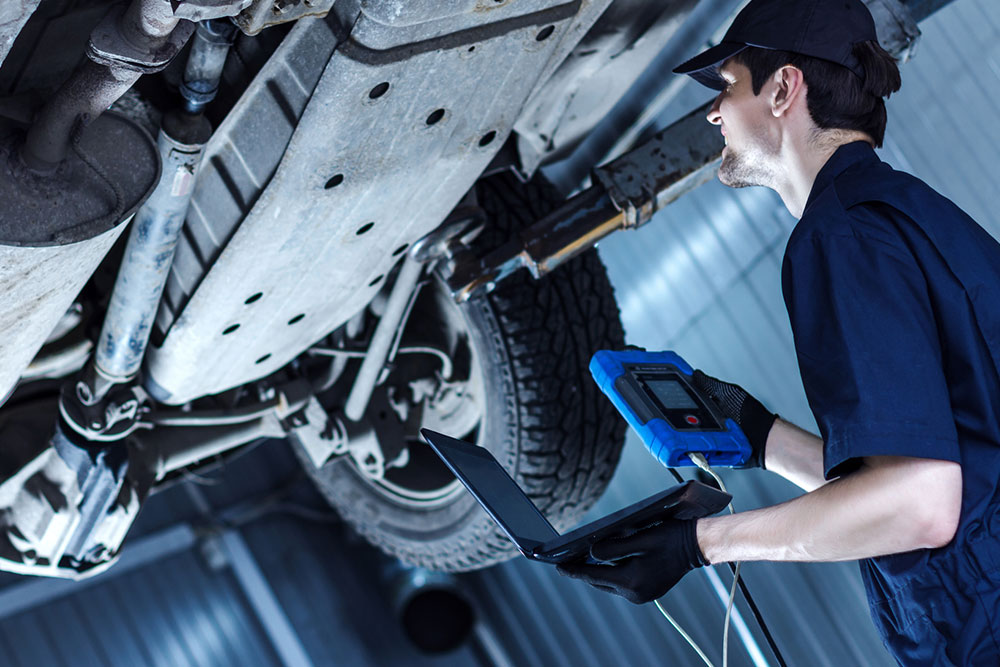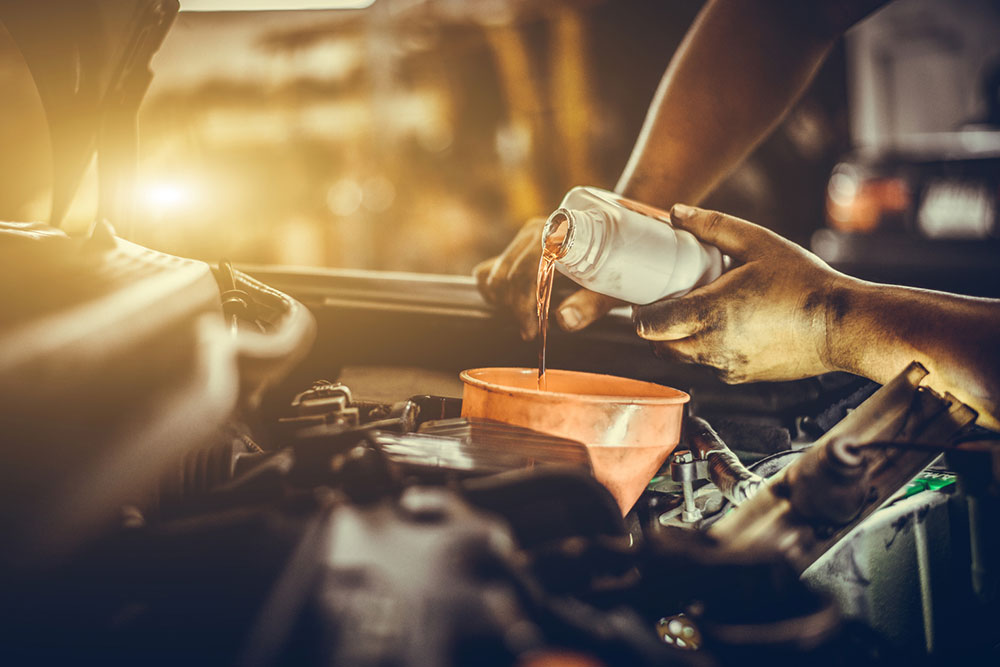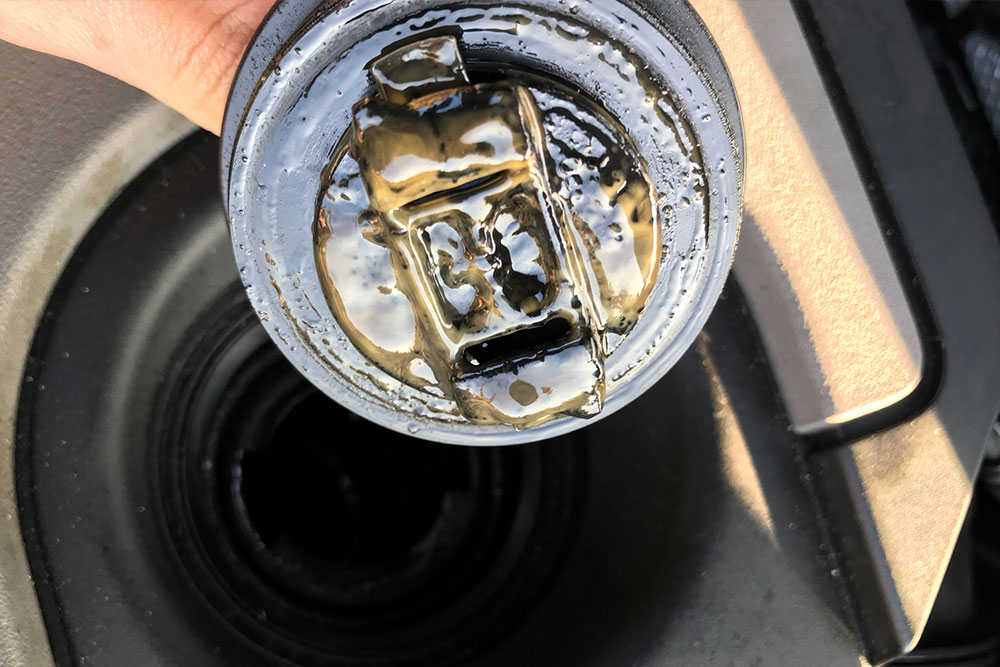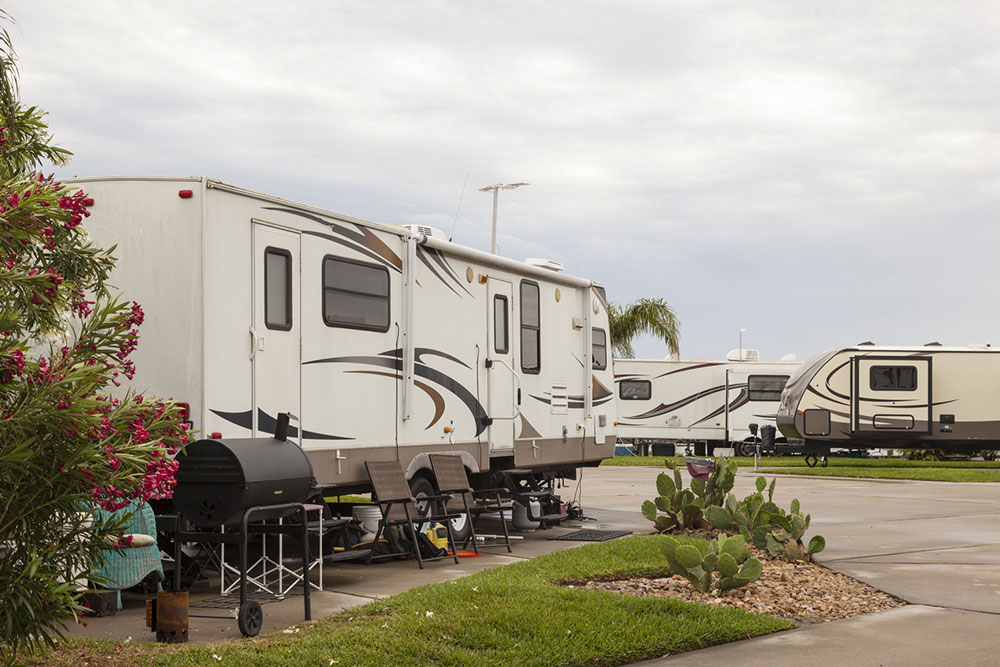
Guide to Jeep car maintenance
Jeep vehicles are known for their ruggedness, off-road capability, and iconic design. But one question that often arises in the minds of prospective buyers and Jeep enthusiasts is, “How many miles do Jeep vehicles last?” But the answer to this question isn’t as straightforward as one would expect. There are a lot of variables to consider when estimating a long-term range when it comes to vehicle durability. This article explores in detail what there is to know about any Jeep’s mileage. Reasons for its extensive durability The question of how many miles Jeep vehicles could last ultimately depends on various factors, including maintenance, engine choice, driving habits, and environmental conditions. With proper care and maintenance, many Jeep owners have reported their vehicles reaching over 200,000 miles and beyond. Jeep’s dedication to durability and its iconic status in the world of off-roading make it a trusted choice for those seeking a vehicle that can go the distance, both on and off the road. Below are a few factors that make automobiles from Jeep one of the most reliable on the market: Robust build quality Jeep’s reputation for durability starts with its robust build quality. These vehicles are designed with off-road adventures in mind, so they’re constructed to withstand harsh conditions.
Read More 










